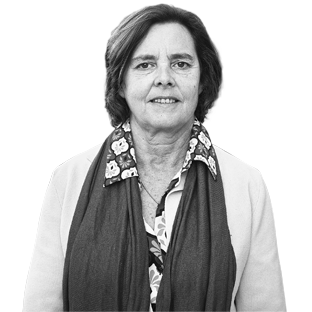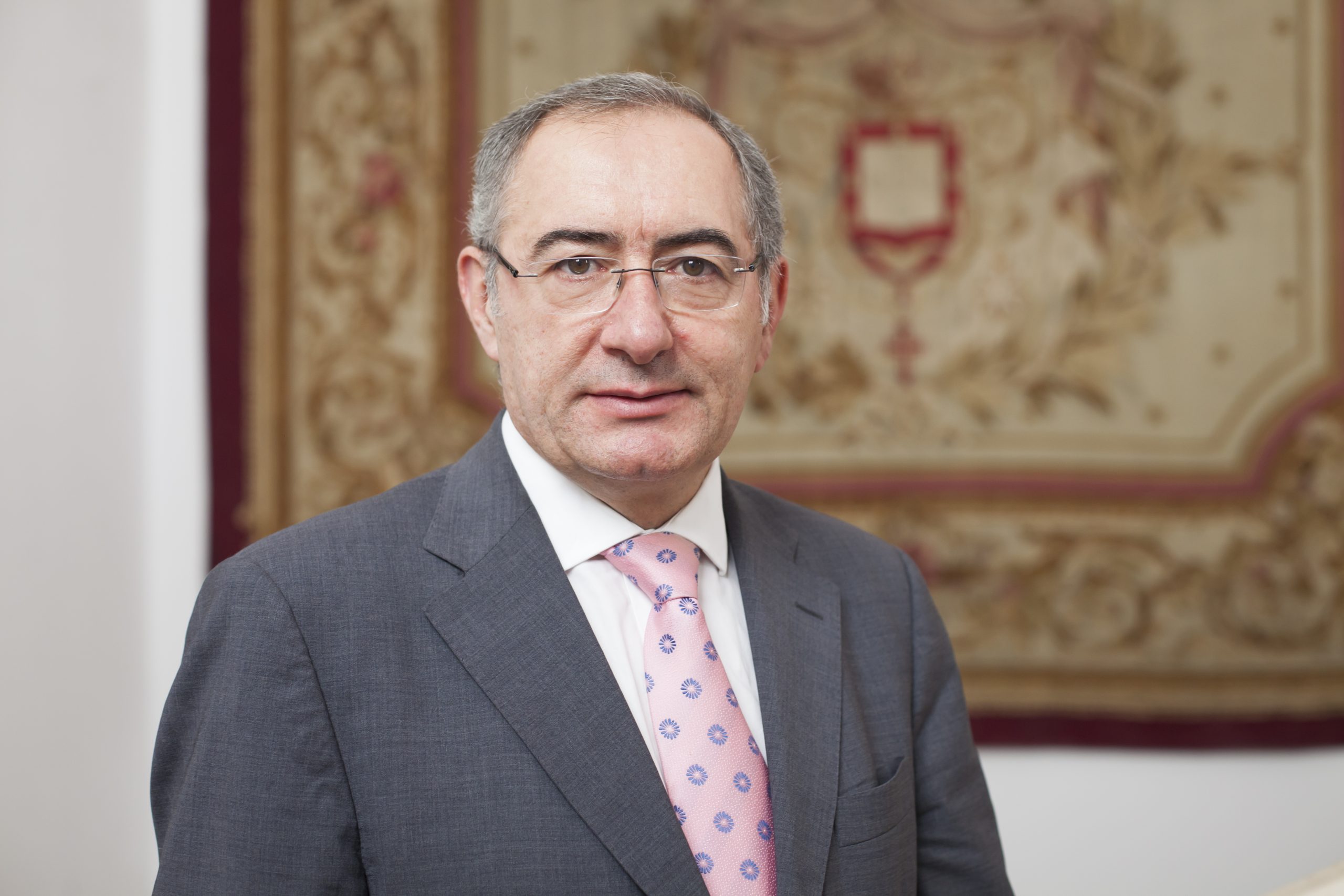Central block

In fifty years only once the two parties that alternate in the government have come together to conduct the destinations of the country. It was in 1983 that Mário Soares, secretary general of the Socialist Party and Carlos Mota Pinto, leader of the PSD. The socialists had won the elections with 36% of the votes against AD who had ruled so far with an absolute majority. Soares did not want to form a minority government and raised the issue to the party, asking the discussion to take place ‘without ideological taboos or taboos’.
At the time, socialists and social democrats negotiated for five weeks the terms of a government understanding. The central block left the extremes then, PCP and CDs, standing up. The government lasted two and a half years, led Portugal to the entrance in the then EEC and, far from the most heated opinions of the time, many consider it to be one of the best post-25 April governments. After the experience the PSD won the following elections and a short time was the first party to get an absolute majority that would repeat twice more.
After thirty years and with a pulverized political scenario like never before, many voices return to understanding between the two parties of the center. Everyone gets away from using the name of the coalition of the time. The acronym central block burns, but if we look at the facts of the past ‘without sectarisms or ideological taboos’, as Mario Soares asked, we easily realized that this was a determining experience for the consolidation of our democracy. We also found, unlike the idea that is constantly preached regarding understandings between PS and PSD, that the central block not only has not weakened the center parties in favor of the extremes, but also strengthened them.
But as a often repeated falsehood becomes true, the central block has gained leprosy and its simple mention chills the hair of socialists and social democrats. Despite the facts, I also shiver with the idea and undoubtedly preferred to see the PSD covered with the liberal initiative in the government after the May 18 elections. As I have better memories of the government of AD of Sá Carneiro and Freitas do Amaral, than from the Central Block of Soares and Mota Pinto. But it was with the central bloc that we entered the European community and it was with an understanding between Guterres and Marcelo Rebelo de Sousa that we joined the euro. This is why we should conclude that, contrary to what André Ventura proclaims, it was not 50 years of corruption and crumbness, especially when PS and PSD left taboos and understood themselves for the sake of the country.
The times are not for tantrums. The last government did not last a year and if the elections brought a similar result to 2024, it is not acceptable that in a time of uncertainty like what we are living in the downtown parties continue to live on their back. If we look at what happens in many of our European partners, by the way the most developed, we find that when there are no reasonable alternatives, the center parties are committed to governance. It happened and is about to happen in Germany and that is not why CDU or SPD have diluted, or disappeared, or enhanced the extremes.
If not, PS or PSD will end up falling in a few months. Or the PSD surrenders in the hands of the arrival with a leader who was not votes and with a diminished legitimacy.







